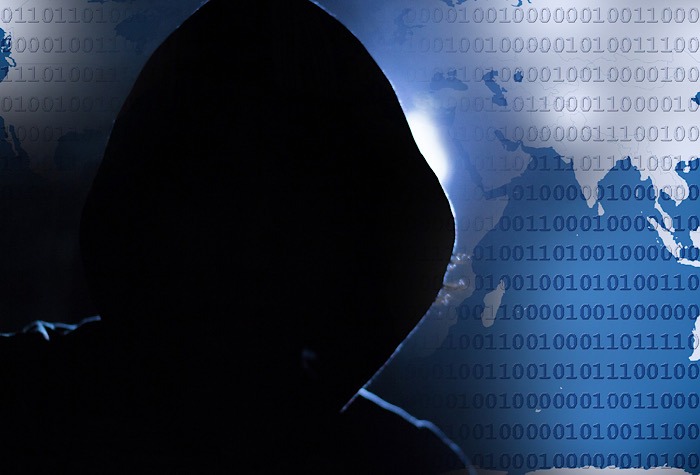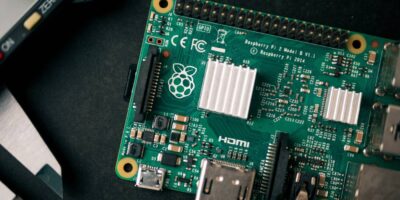
It’s a very ironic world when the very products we buy to help keep us safe and secure are themselves vulnerable and not secure. This is the situation with more than 100,000 HiChip wireless cameras in the UK that have been identified as being prone to hacking.
HiChip Wireless Cameras Vulnerable
A consumer watchdog has found that more than 100,000 cameras that were manufactured by HiChip, a Chinese company, have security flaws, leaving them vulnerable. While you’re putting your trust in the camera to keep you safe, it’s actually the camera you should be worried about.
The company stated that its devices encrypt all data between the HiChip wireless camera and the app, so there’s a “very low security risk.” It also said any camera that comes with the CamHi app is prone to hacking.
Potentially, a hacker could target the cameras that are typically found in webcams and baby monitors. The hackers can then connect to the cameras, access credentials, and be allowed access to the device. Not only can they view live footage of the user’s home, they can then have access to the microphone as well. All of the devices found to be insecure were in the U.K.
While it’s bad for this to happen anywhere, t’s especially bad for this to happen to cameras placed in children’s rooms or nurseries, “nanny cams,” if you will.
Five of the HiChip wireless cameras in the U.K. that were tested all showed to have a security flaw. Even after the password was changed, hackers could still access them. The brands affected include Accfly, SV3C, Genbolt, ieGeek, and Elite Security. If you’re using one of these, you’re encouraged to uninstall it.

Additionally, 32 out of 47 camera brands sold throughout the world may else be vulnerable. Users are encouraged to uninstall them. These include Besdersec, Alptop, COOAU, Ctronics, Dericam, CPVAN, Jennov, LEFTEK, Luowice, Tenvis, and QZT.
Safe Use with Cameras
Boris Cipot, Senior Security Engineer at Synopsys Software Integrity Group notes that we use IoT devices and the technology “as if it is already matured. Yet, we, as users and consumers of this useful and exciting technology, need to realize that it is still evolving.” It’s simply not a mature enough technology to provide us the security we need.
He is hoping that in the future, security will be not only built in but also mandatory before a potentially vulnerable device can hit the shelves at the store.
There is already U.K. legislation on IoT cybersecurity, and Cipot believes that it will help to provide “the needed oversight, stability, as well as transparency when it comes to creating processes and protocols during product development.”
Possibly seeing the irony in the situation as well, he notes that allowing for the technology’s missteps, as well as adapting, evolving, and maturing the technology, is important with technology that can be “highly advantageous but also threatening.”
The HiChip wireless cameras are all cheaper cameras, so your best bet at this point is avoiding cheap cameras altogether. If you’re really looking to be safe, invest in a camera from a brand you can trust, to where you can change the password and not have to worry that you are still vulnerable.
Want to learn more about camera security? Read up on whether Wi-Fi cameras are secure in 2019. Still looking for a security camera? Check out our list of the four best wireless outdoor security cameras in 2020.









